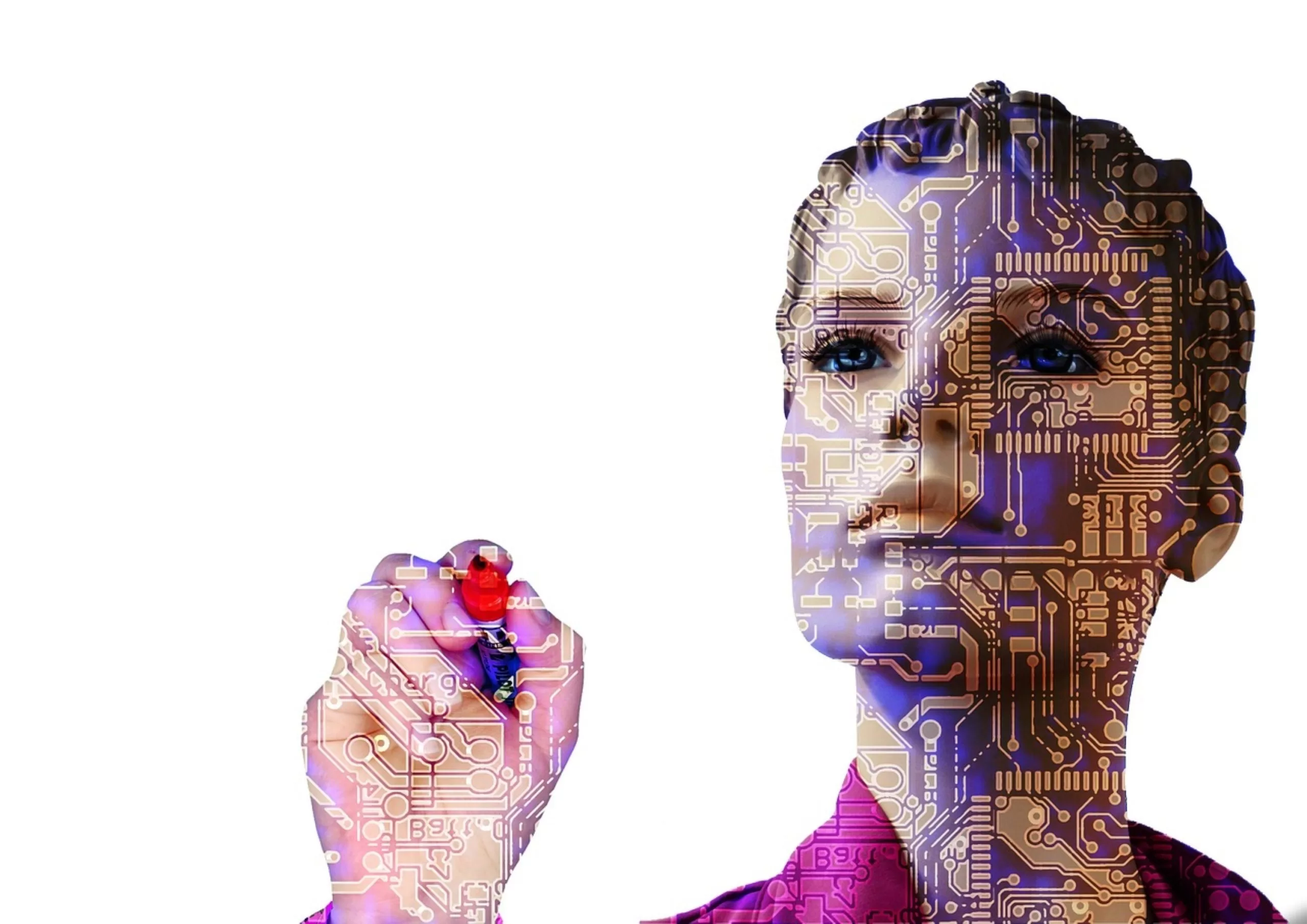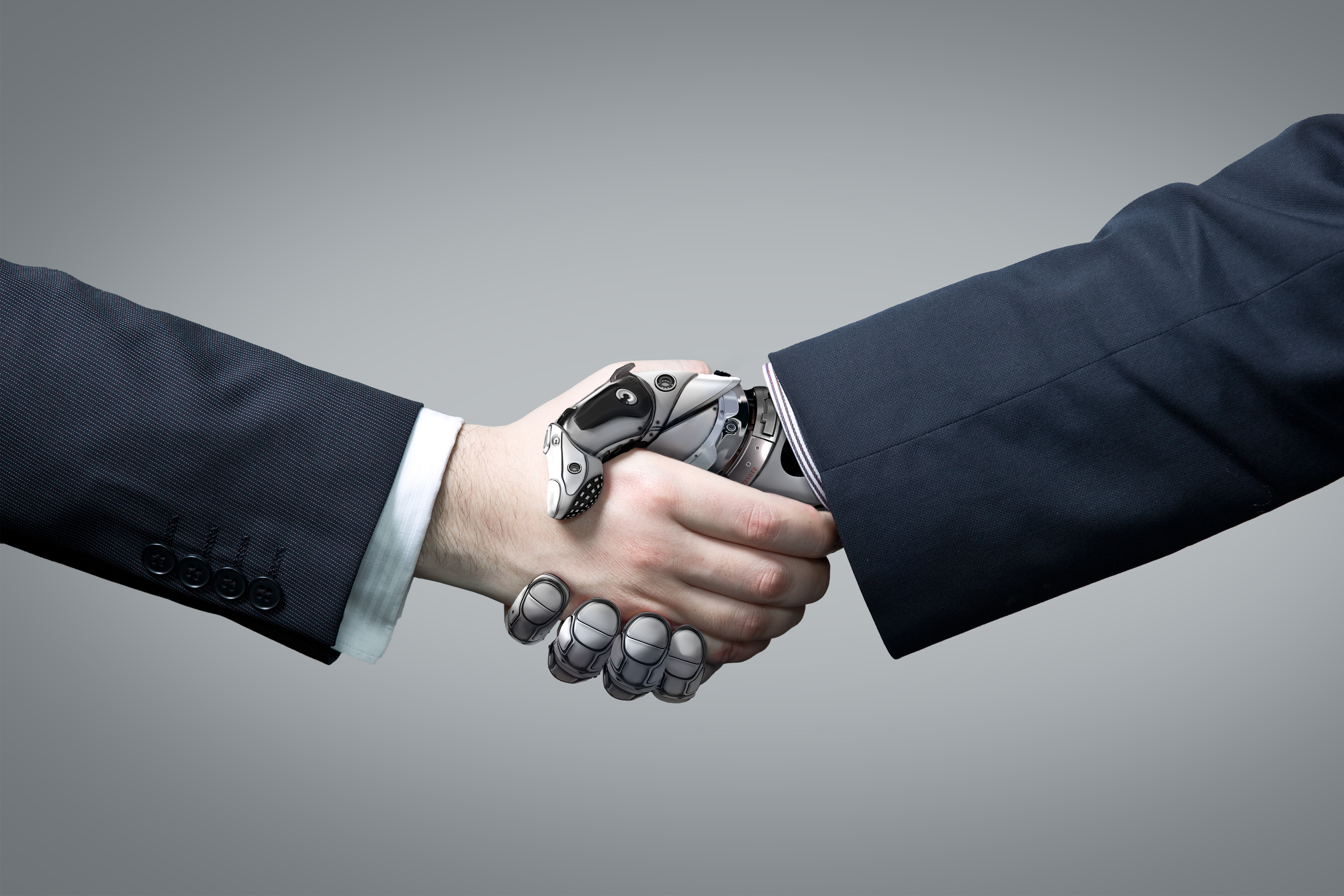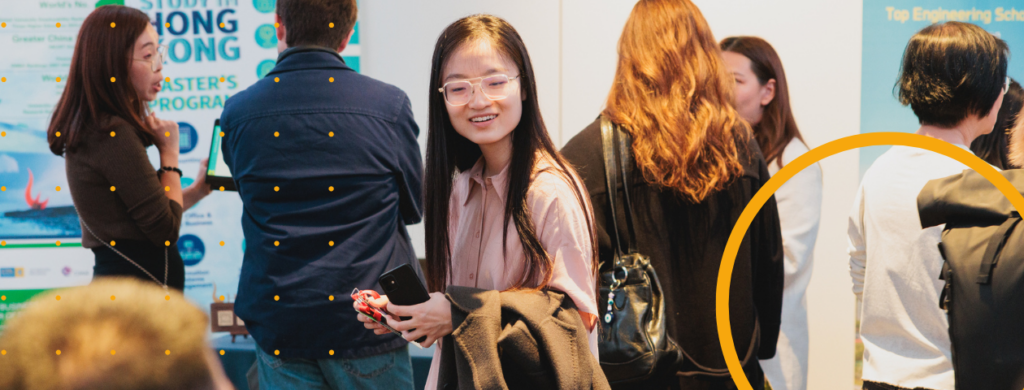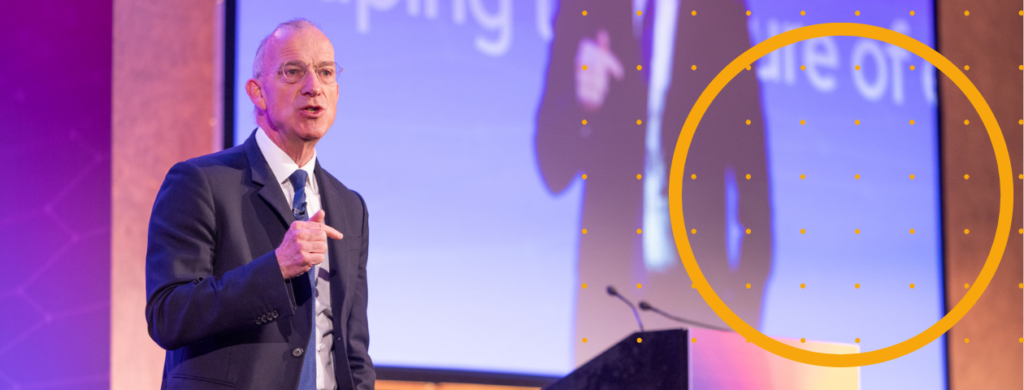
 Artificial intelligence (AI) is going to change the world in unimaginable ways, a fact which hasn’t escaped the notice of officials at some of the world’s most elite business schools. In classrooms across the globe, robots and algorithms are the hot topic.
Artificial intelligence (AI) is going to change the world in unimaginable ways, a fact which hasn’t escaped the notice of officials at some of the world’s most elite business schools. In classrooms across the globe, robots and algorithms are the hot topic.
An article by BusinessBecause explores how Harvard, Stanford, MIT and INSEAD, amongst others, are all focussing on the effect AI will have on business. Some of the MBA programmes at these institutions now offer courses on how AI will be used in future, and what students need to understand to make the most of it.
As the amount of data available to businesses increases, and as the software used to decode this data because more advanced and more readily available, business professionals with the knowledge to use this data will be in demand. Right now, the number of companies using AI to its full potential is still relatively low. This will change rapidly in the coming years.
The possibilities are boundless, with the technology carrying the potential to replace much of the work currently carried out by people. Maelle Gavet of online travel agent Priceline Group, predicts, “In the future, 80% of customer interactions will be built without human interaction.” One study suggests that machines could replace 6% of all jobs in the US within the next four years. The need to understand how these systems work is paramount to business success.
 Students at these institutions are being asked to investigate how AI could be used to increase revenue in various situations, along with how it could alter the way the world works and the impact on industry. Self-driving cars are a good example of this in action. If, as is likely, self-driving cars become the new norm, this will dramatically change the automobile industry.
Students at these institutions are being asked to investigate how AI could be used to increase revenue in various situations, along with how it could alter the way the world works and the impact on industry. Self-driving cars are a good example of this in action. If, as is likely, self-driving cars become the new norm, this will dramatically change the automobile industry.
Andrei Kirilenko, of the Centre for Global Finance and Technology at the UK’s Imperial College London, told BusinessBecause that he believes AI will take over much of the work, while human beings move into maintenance and management roles. This perspective is backed up by Lynda Gratton of the London Business School, who notes that ‘soft skills’ will remain the domain of humans: “Negotiation, collaboration, working in multi-cultural teams and networking with multiple stakeholders — these will all be very important skills in the future.”
Interested in finding out more about the world’s top business schools?



